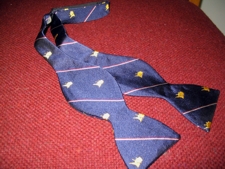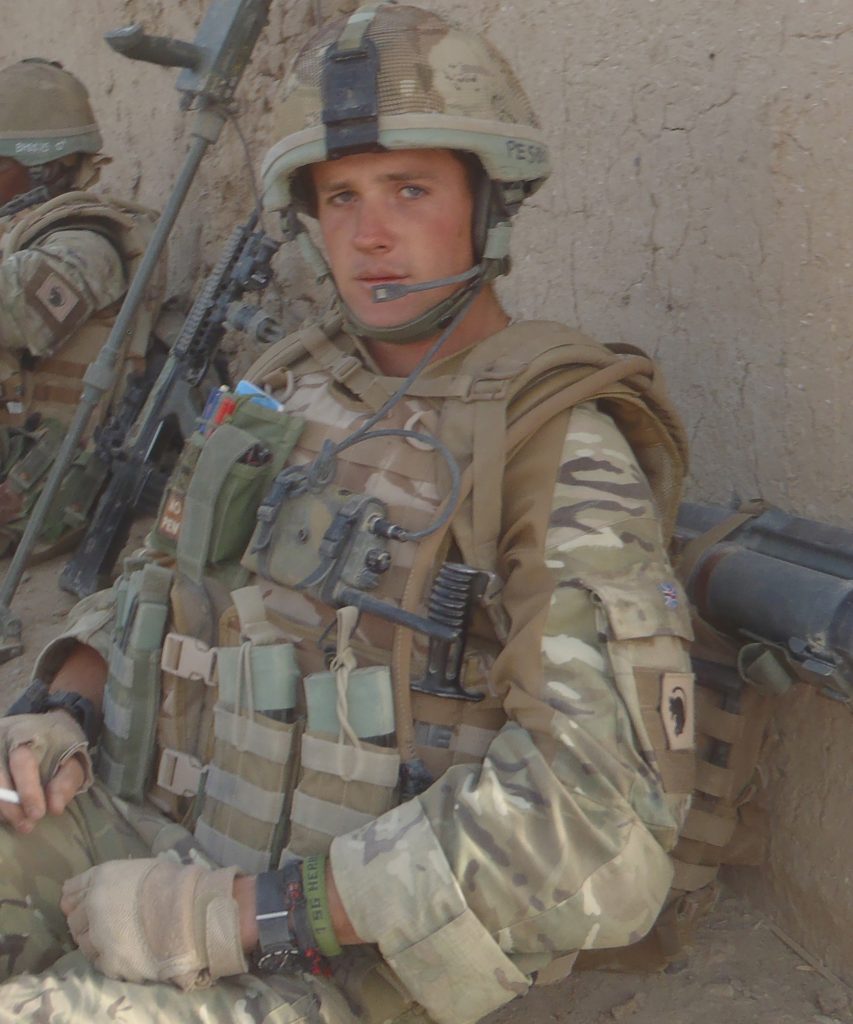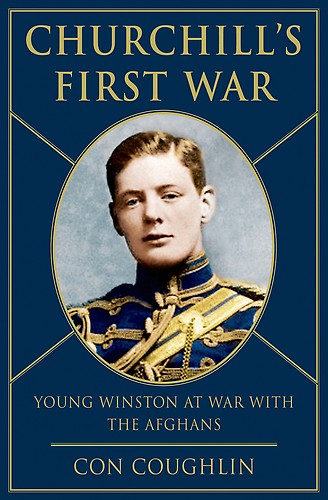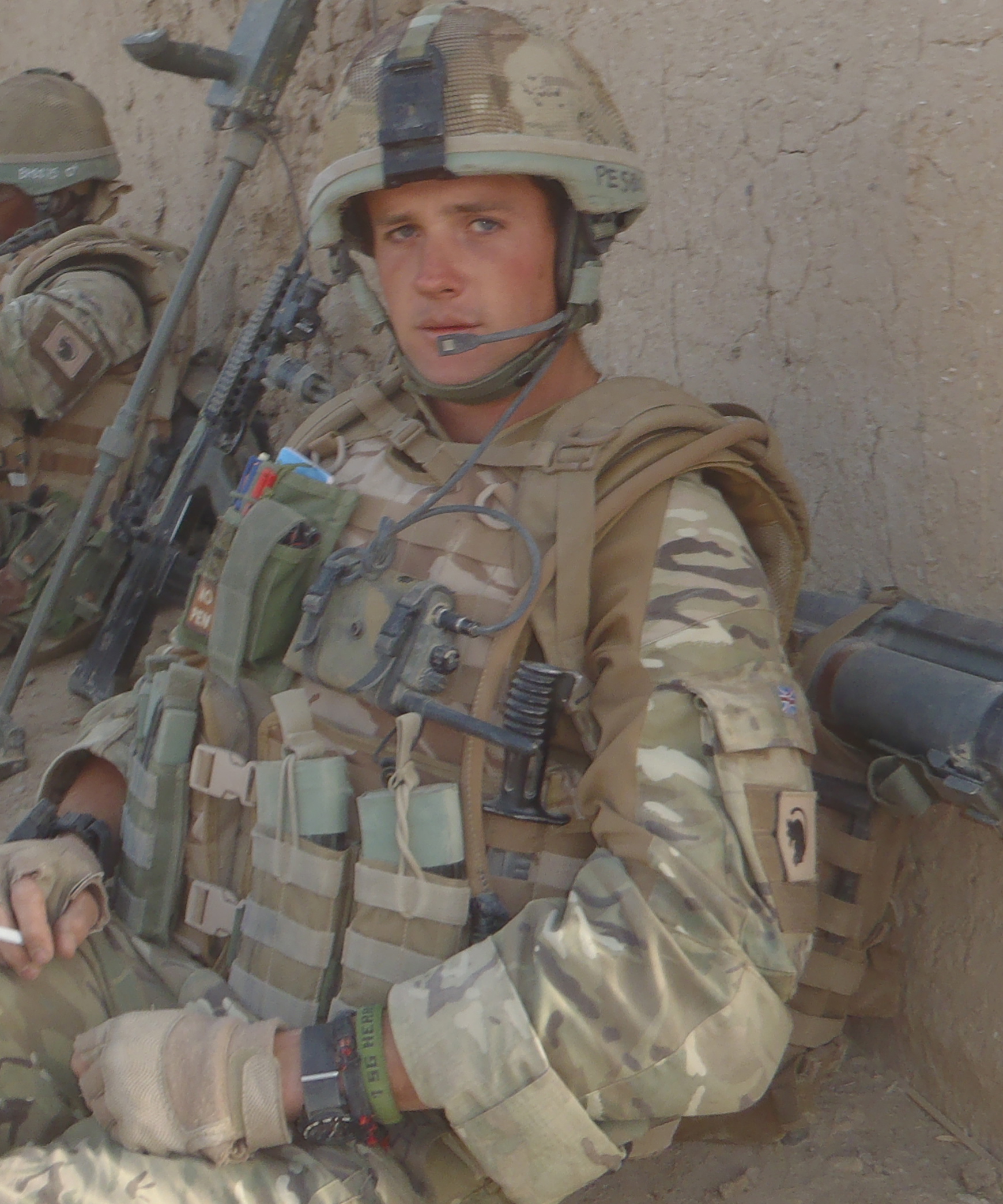
Bulletin #68 - Feb 2014
Con Coughlin Discusses Churchill’s First War

February 4, 2014
Interview With Author Speaking at Our New Orleans Conference About Lessons From Churchill’s Experience Fighting in Afghanistan
 Con Coughlin, the Defence Editor of the Daily Telegraph and regular contributor to the Wall Street Journal, spoke with the Chartwell Bulletin this month in connection with the American publication of his latest book Churchill’s First War and his upcoming appearance at the 31st International Churchill Conference. Coughlin is a veteran journalist and broadcaster who has covered all the major conflicts across the Moslem world in recent times and written several books about these events. His 2002 biography of Saddam Hussein was a New York Times bestseller. His most recent book was published in Britain in 2013 and described by the Time Literary Supplement as “an indulgent pleasure and a genuine education.” We asked Coughlin to tell us about it.
Con Coughlin, the Defence Editor of the Daily Telegraph and regular contributor to the Wall Street Journal, spoke with the Chartwell Bulletin this month in connection with the American publication of his latest book Churchill’s First War and his upcoming appearance at the 31st International Churchill Conference. Coughlin is a veteran journalist and broadcaster who has covered all the major conflicts across the Moslem world in recent times and written several books about these events. His 2002 biography of Saddam Hussein was a New York Times bestseller. His most recent book was published in Britain in 2013 and described by the Time Literary Supplement as “an indulgent pleasure and a genuine education.” We asked Coughlin to tell us about it.
CB: What gave you the idea for this book?
CC: The idea to write this book came to me when I was interviewing senior American military officers, including General David Petraeus, about their strategy for defeating the Taliban in Afghanistan. Both General Petraeus and General Stanley McChrystal said that, when researching the American military’s new counter-insurgency doctrine, they had drawn on the British experience of fighting the Afghans in the Victorian era. In particular they had read Winston Churchill’s first publication, The Story of the Malakand Field Force, which is his account of waging war against the great, great grandfathers of the modern Taliban movement in the 1890s. It seemed remarkable to me that this neglected but fascinating period of Churchillian history should have such a direct impact on the modern military campaign in Afghanistan.

2025 International Churchill Conference
 CON COUGHLINCB: What did you learn from researching this book?
CON COUGHLINCB: What did you learn from researching this book?
CC: How history repeats itself. Probably the most compelling quote from Churchill during this period was his comment on the challenge of waging war against the Afghans. “Financially it is ruinous. Morally it is wicked. Militarily it is an open question, and politically it is a blunder.” With the American-led NATO combat mission to Afghanistan due to end by late 2014, there will be many soldiers who have participated in the modern campaign who will reflect on the wisdom of the remarks Churchill made more than a century ago.
CB: What parallels do you see between now and Churchill’s time on the Northwest Frontier?
CC: What I found fascinating during my research was the battlefield of the modern conflict relates to the area where Churchill fought in the 1890s. Many of the CIA drone strikes that have been launched against the tribal areas of what is now part of modern Pakistan have targeted the same villages and valleys where Churchill fought in the autumn of 1897. Another example is the case of Malala Yousefzai, the young Pakistan schoolgirl who was shot by the Taliban for campaigning for Pakistani girls to attend school, who came from a village that featured prominently in Churchill’s campaign.
CB: How do you think Churchill’s earliest experiences in battle influenced his development?
CC: This was Churchill’s first proper taste of battle – hence the title, Churchill’s First War – and, to start with, Churchill was very gung-ho about his involvement in the campaign, believing the might of the British Army would be more than a match for the primitive “wild, rifle-armed clansmen” they were fighting. But after six weeks of intense fighting against the frontiersmen, during which young Winston came under fire “ten complete times” and came within a whisker of getting himself killed, he acquired a more realistic view of the horrors of modern war, an attitude that informed his attitude to later conflicts. For example, when historians study Churchill’s reluctance in the 1940s to support the D-Day landings to liberate Europe from the Nazis, which he believed would result in terrible losses for the Allies, they should examine the bitter experience he suffered of losing one of his closest friends in battle during the Malakand campaign in 1897.
CB: How has the book been received? What kind of feedback are you getting from readers?
CC: The British edition of “Churchill’s First War” has been well-received in Britain, and has so far been short-listed for two prestigious literary awards. Most readers have told me they had little notion of how important Churchill’s participation in the Malakand Field Force was to his rise to fame and glory, and its seminal importance to forming his approach to modern conflict.
Churchill’s First War is reviewed by Paul H. Courtney in the latest edition of Finest Hour (No. 161). Courtney notes that “Coughlin appears to have broken new ground in comparing the 1897 tribesmen with the modern Taliban.” To join The Churchill Centre and receive copies of Finest Hour, please CLICK HERE.
 Capt. Alex Perkins
Capt. Alex Perkins
in Afghanistan Don’t Miss Out!
At this year’s International Churchill Conference, Coughlin will participate in a round-table discussion with Sir Winston Churchill’s great grandson Alexander Perkins, a veteran of a more recent Afghan campaign and retired Captain of the Scots Guards. Coughlin and Perkins will speak about “Afghanistan: 1897 and 2014.” Perkins recently led a petition drive to provide citizenship for Afghans who worked as interpreters with the British Army. Moderating this session will be Allen Packwood, Director of the Churchill Archives in Cambridge.
Subscribe
WANT MORE?
Get the Churchill Bulletin delivered to your inbox once a month.





